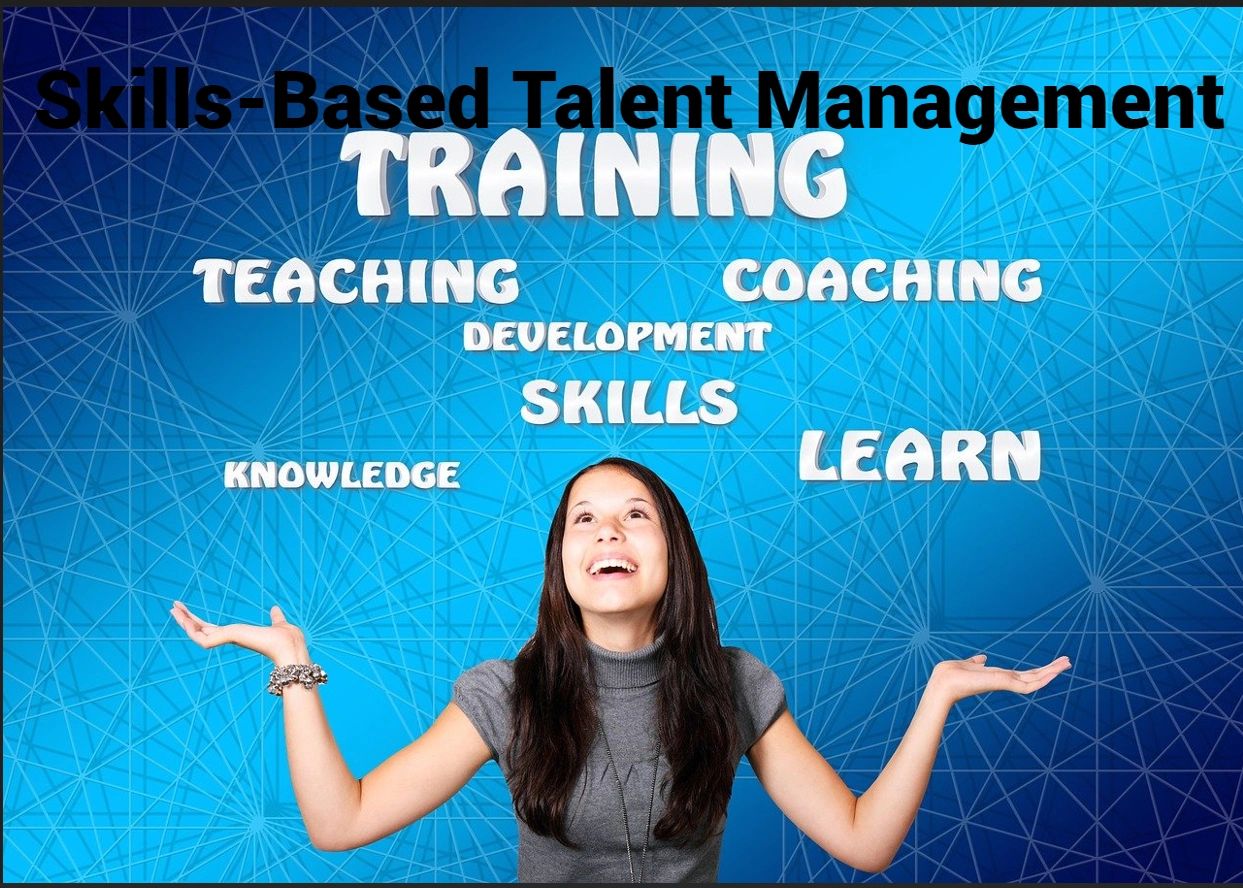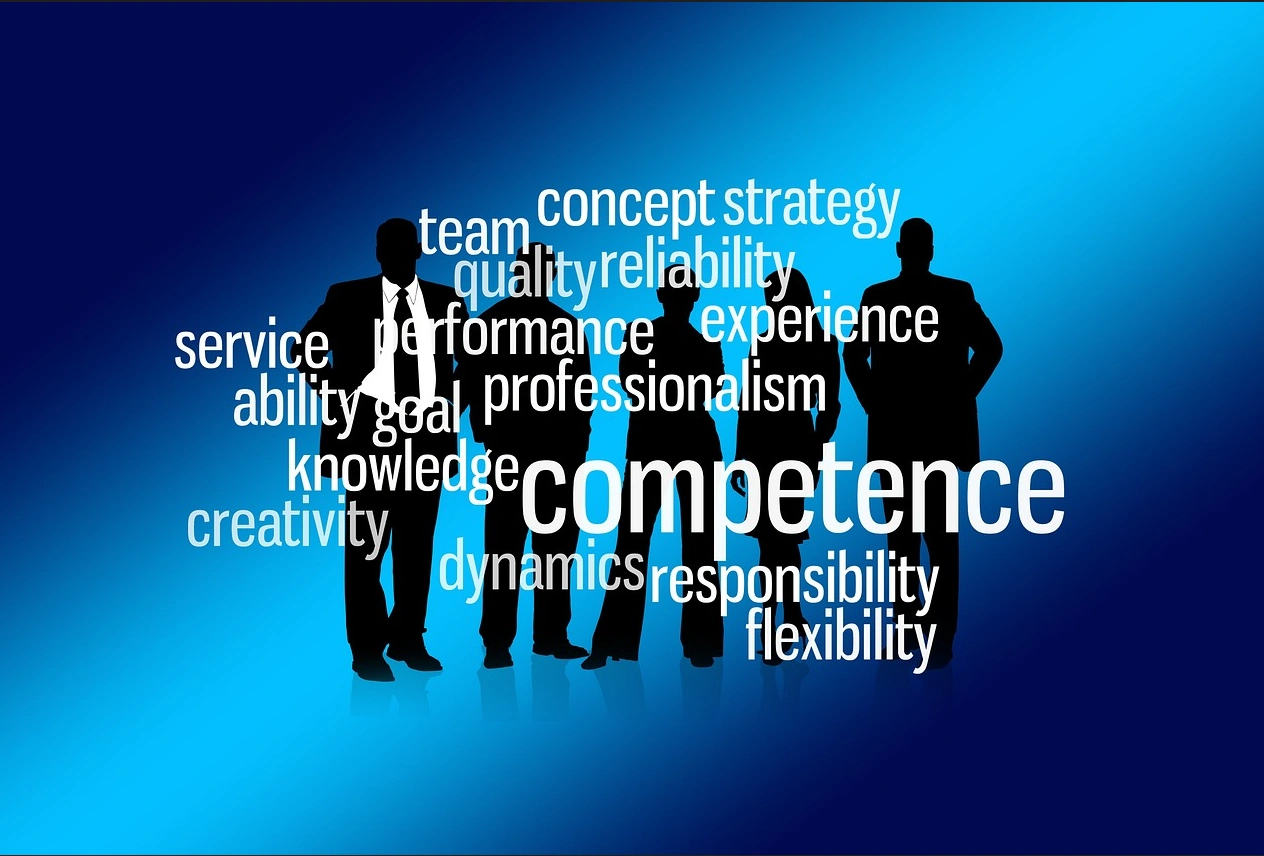Skills-Based Talent Management in the Hotel and Tourism Sector

Skill-Based Talent Management has become a vital tactic for companies looking to draw in nurture while keeping elite personnel in the industry. The caliber of a company’s workforce frequently determines its performance in the quick-paced and dynamic hospitality and tourist sectors. Businesses may boost overall performance, increase visitor satisfaction, and improve service quality by concentrating on identifying and developing key skills and competencies. To help professionals in the industry improve their talent management procedures, this article examines the importance of skills-based talent management in the hospitality and tourism sectors. It does this by examining important topics like skill identification, training initiatives, recruitment tactics, and impact measurement. Read more…..
An Introduction to Talent Management Based on Skills
You may be familiar with talent management, but are you aware of skills-based talent management, the hip new kid on the block? Let’s explore its essence and the ways it is transforming the hotel and tourist industries.
Skill-Based Talent Management | Defining Talent Management

Skill-Based Talent Management Defining Talent Management
The goal of skills-based personnel management is to match the appropriate abilities to the proper position, much like a tailored playlist. It’s all about finding the ideal fit for a harmonic workplace symphony no more square pegs in round holes. Check out similar articles.
Skill-Based Talent Management | Development in Travel and Hospitality
Hiring and firing people is no longer the extent of talent management. In the quick-paced world of travel and hospitality, warm bodies occupying chairs are not enough. It all comes down to fostering and honing those abilities to produce a force to be reckoned with, capable of rising to any obstacle in their path.
Importance of Skills-based Talent Management in Hospitality and Tourism

Importance of Skills-based Talent Management in Hospitality and Tourism
The significance of skills-based talent management in the hospitality and tourism industry cannot be overstated; it is the magic ingredient that transforms a guest’s visit from mediocre to unforgettable! Let’s examine why it matters so much in the context of hospitality and travel.
Skill-Based Talent Management | Improving the Visitor Experience
Imagine entering a hotel where every employee, from the chef to the receptionist, is an expert in their field. It is the secret to skills-based talent management: delivering a flawless and remarkable visitor experience that entices repeat business.
Skill-Based Talent Management | Increasing Worker Contentment
Happy workers, happy life, or something along those lines. Taking care of your own needs is just as important as looking after your guests in skills-based talent management. You’re not only producing better workers when you invest in their skills and development; you’re also producing devoted and contented team members who will remain around for the long run.
Finding and Evaluating the Industry’s Critical Skills
Now that we understand the need for skills-based talent management, let’s get to work identifying the essential competencies in the hotel and tourist industries.
Skill-Based Talent Management | Essential Knowledge and Abilities

Skill-Based Talent Management - Essential Knowledge and Abilities
The hospitality and tourist sector requires a diverse range of abilities, from masters of communication to masters of problem-solving. These abilities are necessary for success. Understanding these essential abilities is essential to grasp the art of talent management, whether it’s the dexterity to deal with challenging guests with a smile or the capacity to balance several jobs at once.
Skill-Based Talent Management | Techniques for Evaluating Needs and Gaps
It takes more than just having the necessary skills; it also involves identifying any gaps and devising a plan to fix them. The first stage in developing an excellent people management plan is identifying those skill needs, which can be done through evaluations, feedback, or just plain conversation.
Putting in Place Programs for Skill-Based Training and Development
Now that you have the necessary knowledge and abilities, it’s time to implement your plan. Let’s discuss how to implement those programs for skills-based training and development like a pro.
Creating Training Programs That Are Effective for Skill Development
The days of monotonous, universally applicable training programs are long gone. The main goal of skills-based training is to personalize and adjust the program to each team member’s unique needs. The options for honing those talents are endless and include workshops, classes, and on-the-job training.
Skill-Based Talent Management | Training Innovation and Technology
Who said that exercise needs to be gloomy and boring? You may advance your training initiatives by utilizing innovation and technology. Virtual reality simulations and gamified learning experiences are just two examples of the many options available to enhance the effectiveness and engagement of skills-based training.
Methods for Hiring and Holding on to Skilled Personnel

Methods for Hiring and Holding on to Skilled Personnel
It can be as difficult to find and retain top talent in the hotel and tourism sector as it is to find the last chocolate chip cookie at a buffet. Employers may add some zing to their recruitment tactics and draw in qualified applicants by providing competitive pay, chances for professional growth, and a work environment that’s cozier than a plush hotel pillow. Maintaining these treasures means sustaining staff engagement via continual training, employee appreciation initiatives, and a work atmosphere that doesn’t feel like a never-ending front desk shift.
Assessing the Effects of Talent Management Based on Skills
Measuring the effectiveness of skills-based workforce management is crucial in a world where statistics speak louder than a barrage of noise in hotel lobbying. The success of talent management programs can be evaluated with the use of Key Performance Indicators (KPIs), such as customer satisfaction ratings, skill development metrics, and staff turnover rates. Analyzing the Return on Investment (ROI) of these endeavors is akin to reviewing your hotel bill; the objective is to ensure that you’re obtaining value for your money, or more specifically, value for your skill.
Skill-Based Talent Management | Best Practices and Case Studies
There’s no better way to pick up tips and tricks than from the people who have made skills-based talent management their specialty. Implementation success stories in the hospitality and tourism industries demonstrate how businesses have made their employees into well-oiled machines. Leaders in the field share best practices, which provide a guide for others navigating the uncertain waters of talent management so they don’t become lost like a lost tourist.
Prospective Developments and Obstacles in Competency-Based Talent Management

Prospective Developments and Obstacles in Competency-Based Talent Management
It’s critical to keep ahead of the curve in skills-based talent management, much like it is to predict the next big culinary trend. New developments in the field of personnel management, such as the increase in remote work and the application of AI in hiring, are changing how businesses interact with their employees. Dealing with difficulties and adjusting to changes in the industry are similar to getting ready for an unexpected surge of visitors; you have to be flexible and ready to change course quickly to avoid having empty rooms and disgruntled patrons.
It is impossible to overstate the significance of skills-based talent management as the hotel and tourist industries continue to change. Organizations may increase their competitiveness, provide outstanding guest experiences, and handle the demands of a dynamic business by investing in the training of their employees. Adopting a culture that values ongoing education and skill development will help firms in the hospitality and tourism industries succeed and thrive over time, in addition to providing benefits to individual workers. Organizations can position themselves for long-term growth and success in an increasingly competitive environment by placing a high priority on skills-based talent management.
Frequently Asked Questions
What is the significance of skills-based talent management for the hotel and tourism sector?
In these sectors, skills-based talent management is critical because it guarantees that staff members can provide outstanding guest experiences, which boosts client loyalty and pleasure. Additionally, operational effectiveness and overall corporate success are more likely to be impacted by skilled talent. Consult more……
How can businesses recognize and evaluate essential competencies in the travel and hospitality industry?
By thoroughly evaluating job roles, utilizing industry standards and best practices, and getting feedback from frontline staff members and industry experts, organizations can identify critical talents. Performance reviews, competence frameworks, and skill gap studies are useful instruments in this process. Check out our certified organic things that will last you for many years
In the hotel and tourism industries, what are some successful recruitment and retention tactics?
Employer branding campaigns, targeted talent sourcing, and competitive pay packages are a few examples of recruiting tactics. Organizations can foster a healthy work atmosphere, offer chances for growth and development, and recognize and reward exceptional performance to retain talented individuals. Read more in our blog posts.
How can the effectiveness of talent management based on skills be quantified?
Key performance indicators (KPIs) like staff retention rates, customer satisfaction scores, productivity measures, and training efficacy can be used to gauge the impact of skills-based workforce management. Organizing regular feedback sessions and assessments can also assist companies in determining the effectiveness of their personnel management programs.
Reach out for our hospitality consultancy services Here
Read more on the NEW GENERATION of NUTRITION AND COGNITIVE TECHNOLOGIES
Like this project
Posted Jun 27, 2024
Skill-Based Talent Management has become a vital tactic for companies looking to draw in nurture while keeping elite personnel in the industry.






